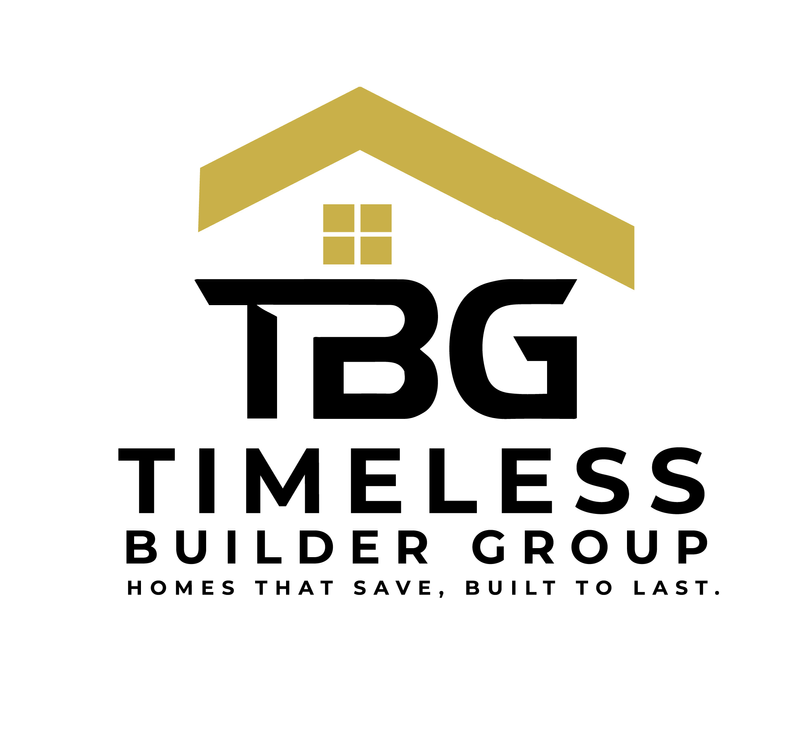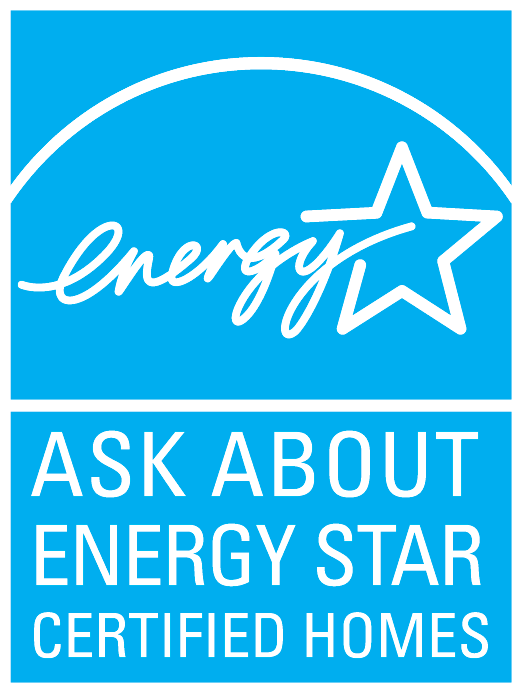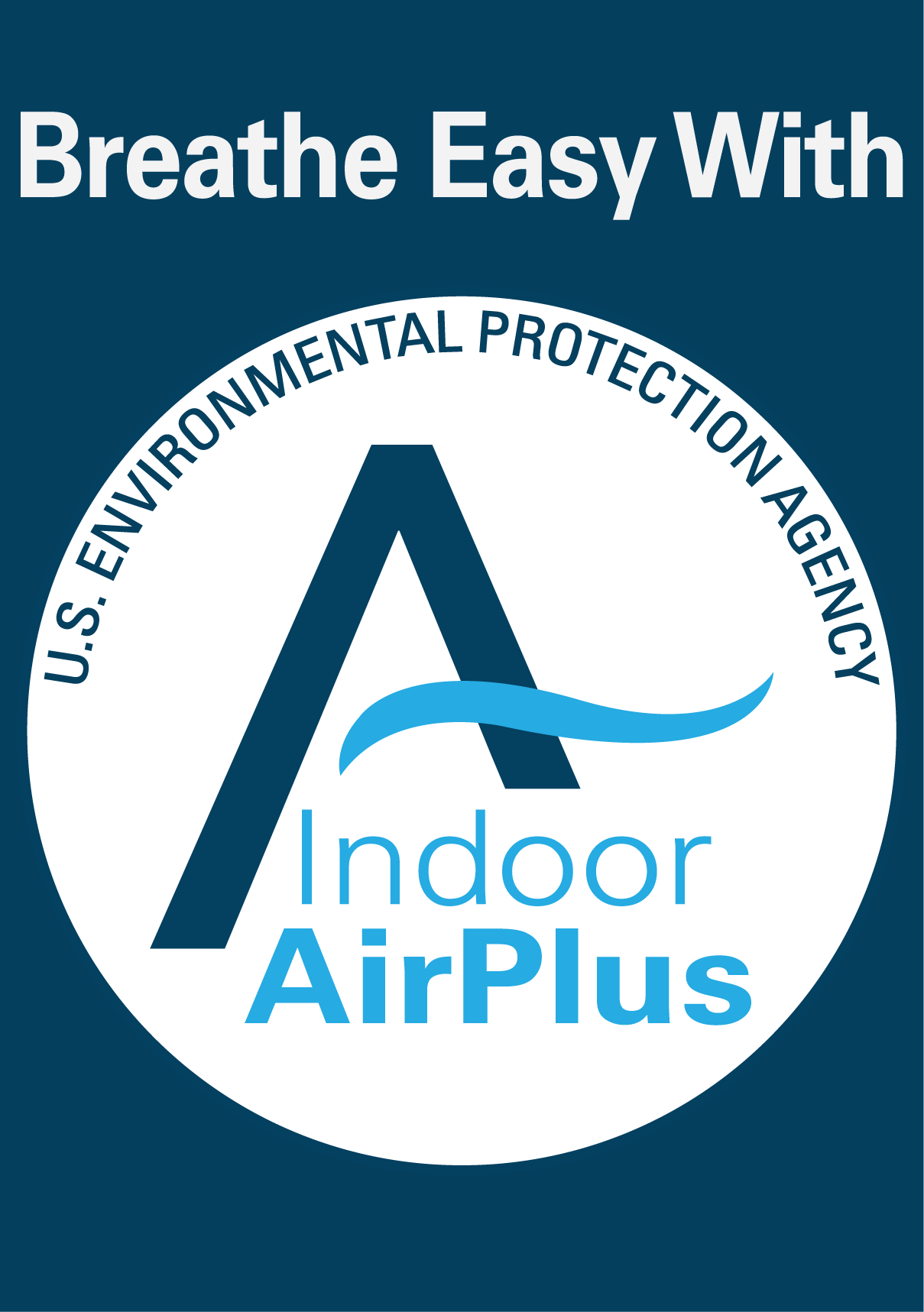What We Provide?
Frequently Asked Questions
Can I tell if a home is built with ICF or SIP?
On the exterior and in the interior physically, you can't tell the difference. You will see the difference in monthly cost savings on your utility bills as well as indoor comfort, which is vastly better than traditional builds.
What areas do you serve?
Virginia
Are you licensed and insured?
Yes, fully Licensed in Virginia and Insured.
Can you help with design and planning?
Absolutely, it's part of our process. We sit down and gather your thoughts on what you expect. Get to know your must haves and nice to haves to build the best home for you and your family to enjoy according to your budget.
Why do you build with ICF and SIP?
Homes built with ICFs and SIPs are designed to endure, offering unmatched longevity that sets them apart from conventional construction:
Lifespan of 100+ Years: ICF concrete walls resist rot, mold, and insect damage, unlike wood, which can degrade over time. SIPs, with their durable materials, maintain performance for decades, ensuring your home remains solid for generations.
Low Maintenance: ICFs and SIPs require minimal upkeep. Concrete walls don’t need repainting or siding repairs, and SIPs’ sealed construction prevents issues like warping or settling.
Resilience to Aging: Both systems resist environmental wear, from Virginia’s humid summers to freezing winters. ICFs won’t crack under thermal stress, and SIPs’ insulation retains R-value over time, unlike fiberglass batts that can sag.
Investment Value: The durability and efficiency of ICF and SIP homes boost resale value, as buyers seek low-maintenance, long-lasting properties in competitive markets like Prince William County.
Disaster Proofing: With ICFs’ concrete core and SIPs’ robust panels, these homes withstand natural disasters better than traditional builds, reducing repair costs and ensuring peace of mind.
Did you know? Studies show ICF and SIP homes can last over a century with proper care, compared to 50–70 years for standard wood-framed homes!
Do you offer financing?
Yes, we have a preffered lender. We can be very competitive with our rates.
Are ICF and SIP homes more expensive to build?
While the upfront cost of ICF and SIP construction can be 5-15% higher than traditional methods, the long-term savings from reduced energy bills often offset this.
Additionally, faster construction times with SIPs can lower labor costs, and the durability of both systems reduces maintenance expenses. Not to mention the comfort of living in one of these homes.
How long does it take to build an ICF or SIP home?
Construction timelines vary based on project size and complexity. However:
ICF homes typically take 3-6 months, similar to traditional construction, but the walls go up quickly once forms are in place.
SIP homes can be built faster, often in 2-4 months, due to prefabricated panels that streamline assembly.
Weather, site conditions, and customization can affect these timelines.
Are ICF and SIP homes safe?
Yes, both systems are exceptionally safe:
ICF homes are resistant to fire, hurricanes, and earthquakes due to their reinforced concrete core.
SIP homes meet or exceed building codes and are designed to handle heavy loads and extreme weather when properly installed.
Both methods provide peace of mind for homeowners in challenging climates.
Can ICF and SIP homes be customized?
Absolutely. ICF and SIP are versatile and support a wide range of architectural styles and finishes. Whether you want a modern, traditional, or unique design, these systems can accommodate custom floor plans, exterior finishes (like brick, siding, or stucco), and interior features.
Are there any maintenance concerns with ICF and SIP homes?
Both systems are low-maintenance:
ICF homes have durable concrete walls that resist rot, pests, and weathering. Exterior and interior finishes may require standard upkeep.
SIP homes are similarly low-maintenance, though proper sealing and ventilation are key to preventing moisture issues. Regular inspections ensure long-term performance.
Do ICF and SIP homes increase resale value?
Yes, energy-efficient homes often command higher resale values due to their lower operating costs and modern appeal. Buyers appreciate the durability, comfort, and sustainability of ICF and SIP homes, making them a smart investment.
How do ICF and SIP homes perform in extreme climates?
ICF and SIP homes excel in both hot and cold climates:
Hot climates: High insulation values keep interiors cool, reducing air conditioning costs.
Cold climates: Excellent thermal resistance and airtightness minimize heat loss, keeping homes warm and cozy.
Their ability to maintain stable indoor temperatures makes them ideal for diverse environments.
What are the different levels for drywall finishing?
LEVEL 0
No taping, finishing, or
accessories required.
LEVEL 1
All joints and interior
angles shall have tape
embedded in joint
compound.
Excess joint compound
and tool marks are
acceptable; fastener
heads need not be
covered.
LEVEL 2
All joints and interior angles
shall have tape embedded
in joint compound and
wiped with a joint knife
leaving a thin coating of
joint compound over all
joints and interior angles.
Fastener heads and
accessories shall be
covered with one coat of
joint compound. Surface
shall be free of excess joint
compound; tool marks are
acceptable.
LEVEL 3
One separate coat of joint
compound shall be
applied over all joints and
interior angles.
Fastener heads and
accessories shall be
covered with two
separate coats of joint
compound. Surface shall
be smooth and free of
tool marks.
LEVEL 4 (our most common level used)
Two separate coats of joint
compound shall be applied
over all flat joints.
One separate coat of joint
compound shall be applied
over interior angles.
Fastener heads and
accessories shall be
covered with three separate
coats of joint compound.
Surface shall be smooth
and free of tool marks.
LEVEL 5
A skim coat of joint
compound or a material
manufactured especially
for this purpose shall be
applied to the entire
surface.
Surface shall be smooth
and free of tool marks.
Why our motto "Homes That Save, Built To Last"
We are not interested in putting you in a home that mass builders produce to quickly make their numbers. We want to take time to make sure that your investment is worth while and can last a lifetime with very little maintenance.
Do you offer a warranty?
We stand behind the quality of our homes and offer a comprehensive new home warranty.


